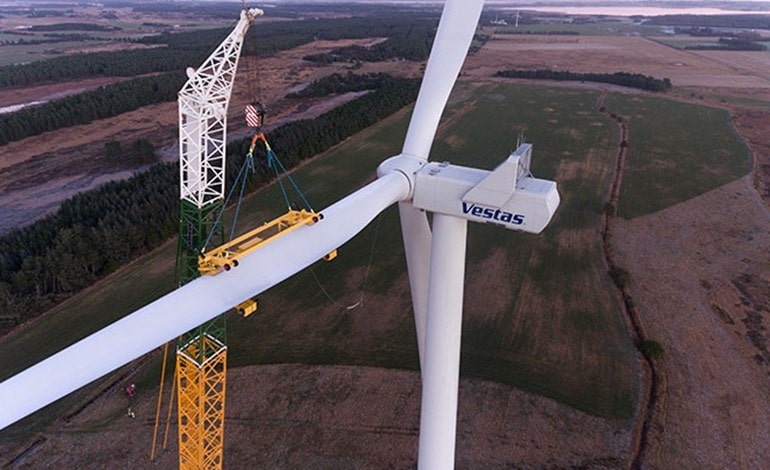Carbon fiber MEGlobal LVF Packaging Blade recycling Textile industry Biopolymers Polyester 18-12-2021 - Arhive
Carbon fiber MEGlobal LVF Packaging Blade recycling Textile industry Biopolymers Polyester
-Teijin to carry out life cycle assessment of carbon fiber
Life cycle assessment (LCA) will aid in calculating carbon emissions for all of its carbon fiber filament applications.
Teijin Ltd. (Tokyo, Japan) announced on Dec. 15 that it has started to carry out a life cycle assessment (LCA) of its carbon fibers to calculate their total carbon emissions. The company contends that this is an industry first.
Teijin previously calculated the carbon footprint of its carbon fibers used in sports, recreational and industrial applications, and more recently, its carbon fiber filaments used in aircraft applications, which will make it possible to now calculate emissions for all of its carbon fiber filament applications.
Teijin’s LCA methodology has been certified by an independent third-party organization in accordance with ISO14040 and ISO14044 standards and will provide customers with reliable emission data on Teijin’s carbon fiber filaments to help them evaluate their own footprints. The company says its LCA is useful in identifying carbon hotspots in manufacturing processes and evaluating options for emissions reduction.
Looking ahead, Teijin expects to expand its LCA scope beyond carbon fiber filaments to also include intermediate products such as short fibers and prepregs. Furthermore, in cooperation with customers such as final product manufacturers, Teijin eventually plans to evaluate the entire life cycle of its carbon fiber products.
Moreover, the Teijin Group has set climate change mitigation and adaptation as one of the five materialities that it prioritizes as important societal issues. Accordingly, Teijin is striving to reduce its energy consumption and introduce renewable energy and recycling methods, among other initiatives.
Carbon fiber MEGlobal LVF Packaging Blade recycling Textile industry Biopolymers Polyester
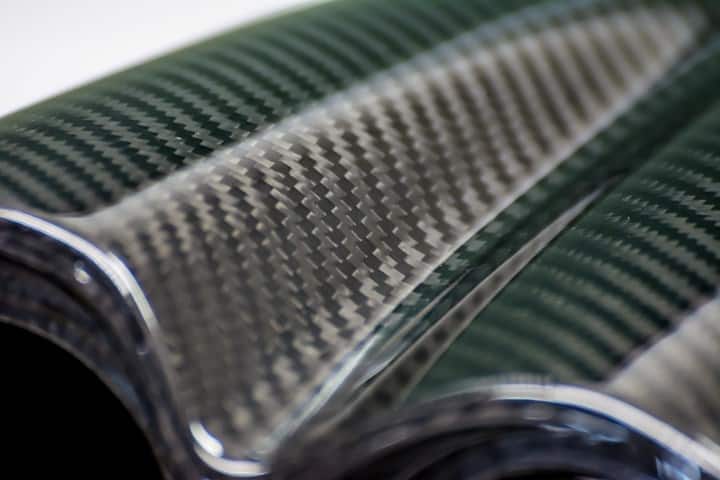
-MEGlobal nominates ACP for January 2022 at USD850 per tonne
MEGlobal has announced its Asian Contract Price (ACP) for monoethylene glycol (MEG) to be shipped in January 2022, according to the company’s press release.
Thus, on 14 December, the company said ACP for MEG would be at USD850/MT CFR Asian main ports for arrival in January 2022, down by USD50/tonne from the previous month.
The January 2022 ACP reflects the short term supply/demand situation in the Asian market.
As MRC reported earlier, MEGlobal announced its December ACP for MEG at USD900/MT CFR Asian main ports, down by USD120/tonne from November.
MEG is one of the main feedstocks for the production of polyethylene terephthalate (PET). Carbon fiber MEGlobal LVF Packaging Blade recycling Textile industry Biopolymers Polyester
According to ICIS-MRC Price report, next month’s contract prices of PET chips are expected to fall down in the Russian domestic market on lower Asian prices, on the basis of which PET prices are calculated for the vast majority of formula customers. However, appreciation of the dollar against the rouble will significantly reduce the amount of the decrease.
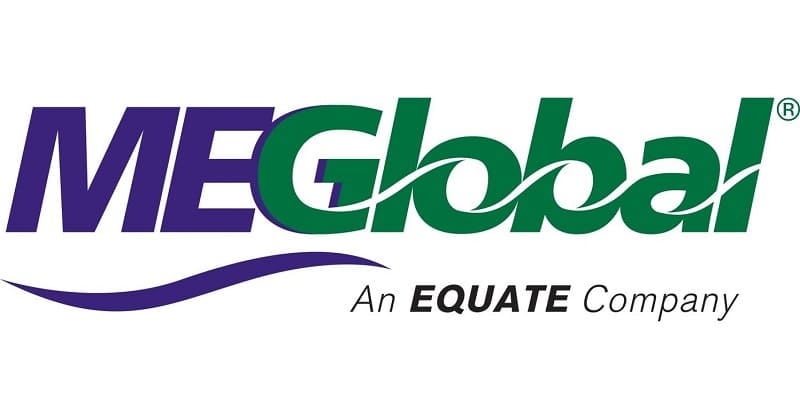
-LVF Packaging puts it’s faith in gravity
LVF Packaging has become the sole UK manufacturing partner for a packaging innovation that has the potential to reverse the fate of 200-million plastic trays in the UK every single year.
The Leeds-based thermoformer will exclusively produce GravityTray – a plastic tray that uses gravity rather than absorbent soaker pads to remove liquids from packs of meat and fish. At present these pads render such trays unrecyclable, a problem further exacerbated by the fact that trays are currently produced from a variety of different materials, meaning recycling even without the pads is extremely unlikely.
Nigel Coates, LVF Packaging’s managing director, said: “An estimated 200-million plastic trays featuring soaker pads are manufactured in the UK alone every year, which equates to approximately 5,000-tonnes of plastic that simply can’t be recycled.” Carbon fiber MEGlobal LVF Packaging Blade recycling Textile industry Biopolymers Polyester
“Staggeringly, the soon to be introduced UK Packaging Tax will fail to have any impact on this frightening statistic because under its rules plastic trays can be produced using any material with a minimum of 30 per cent recycled content. The vast majority already are and aren’t recycled – nothing will change because of the tax.”
“In Europe, the new Packaging Tax introduced by the European Council works differently in that it gives them the power to tax member states 800 Euros for every tonne of plastic packaging that is not recyclable. Clearly member states will look to recover this by passing the tax down the line so it’s easy to see why retailers are running scared of how this might hit their profits; enter GravityTray – the fully recyclable alternative.”
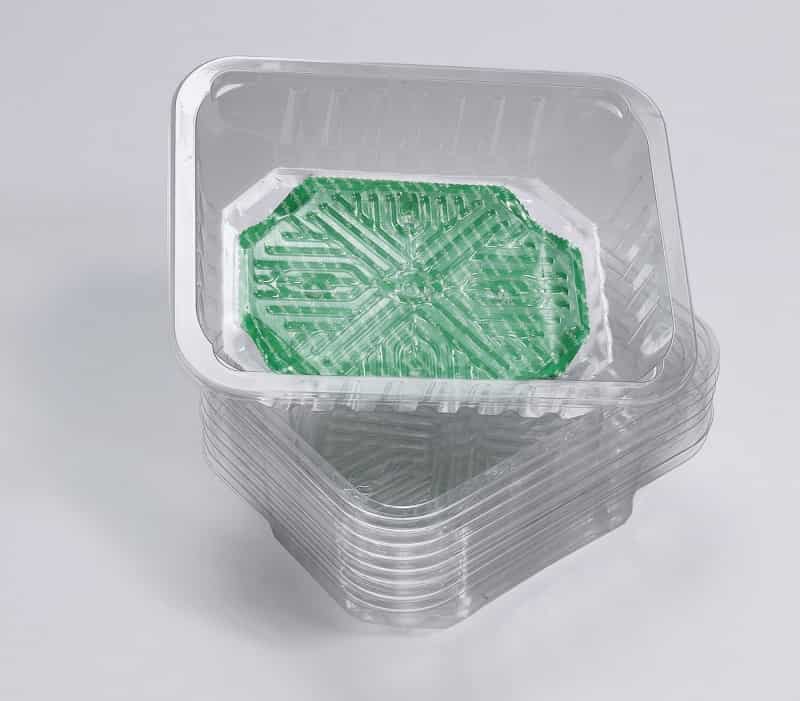
-Vestas looks to expand US blade recycling initiative
First large-scale project was successfully completed in September
Vestas is scaling up a blade recycling partnership initiative it has started up in the US.
Vestas said it is “open to offering the solution” in more regions where local recycling infrastructure is robust, and demand from wind farm operators can be established.
The first large scale project was successfully completed in September, where Vestas service teams decommissioned and recycled 10 turbine blades.
Several ongoing projects are in progress across multiple sites, including the 151MW Blue Canyon 2 repowering project, as well as the 63MW Snyder Wind project with Enel Green Power.
Recycling of the decommissioned blades was a firm requirement from the operators of both projects. Carbon fiber MEGlobal LVF Packaging Blade recycling Textile industry Biopolymers Polyester
At present, all ongoing recycling projects in the US have reached a scale of 285 turbines blades in total, including nacelle covers and hub covers.
As part of the solution, Vestas teams scope an optimal recycling project plan to align with locally available solutions and customer needs.
The recyclable glass fibre material is then separated from the turbine and cut into transportable units.
The material is then transported to vetted recycling partners, using a glass fibre recycling method that aligns with the customer’s sustainability ambitions.
Recycling methods can include cement co-processing, gasification, forming new composite materials, and reclaiming glass fibre and carbon fibres.
“At Vestas, we’re ready to support the scaling up of glass fiber recycling worldwide, leveraging our global transport and logistics footprint, and we’re ready to offer recycling partnership solutions wherever we see an opportunity with local recycling partners and where it is valued by customers,” said Lisa Ekstrand, senior director and head of sustainability, Vestas.
-China’s textile industry witnesses robust growth in 2021 1st 10 months
China’s textile industry continued steady expansion in the first 10 months of 2021, according to data from the ministry of industry and information technology. The combined operating revenue of major textile enterprises rose by 14.2 per cent year on year (YoY) to top 4.13 trillion yuan ($650.4 billion) during the period, the statistics showed.
These firms raked in total profits of 198.3 billion yuan, soaring by 29.7 per cent over a year earlier, the ministry said.
China’s online retail sales of clothing products grew 14.1 per cent YoY in the January-October period, hitting 3 per cent average growth over the past two years, official Chinese media outlets reported.
The country’s garment and textiles exports rose by 5 per cent YoY to $256.5 billion in the period, with the exports of clothing products surging by 25.2 per cent to $138.9 billion. Carbon fiber MEGlobal LVF Packaging Blade recycling Textile industry Biopolymers Polyester
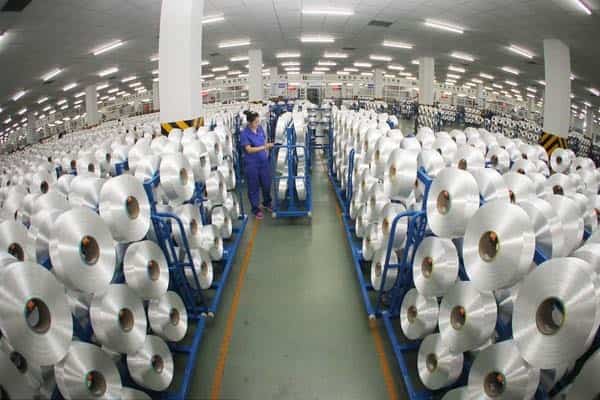
-Trinseo Broadens Portfolio with Bio-attributed Polystyrene, ABS, and SAN
Company Expands Styrenics Portfolio Based on Mass Balance
Trinseo (NYSE: TSE), a global materials solutions provider and manufacturer of plastics and latex binders, announced that its flagship STYRON™ Polystyrene Resins, MAGNUM™ ABS Resins, and TYRIL™ SAN Resins now are available with renewable content. These materials combine fossil-based polymers with renewable raw materials according to a mass balance process, resulting in a bio-attributed composition from 80 to 95 percent.
STYRON™ CO2RE™ BIO Polystyrene, MAGNUM™ CO2RE™ BIO ABS, and TYRIL™ CO2RE™ BIO SAN offer a drop-in solution to customers who seek to further their sustainability efforts. The materials are an equivalent replacement to their fossil-based counterparts and offer both identical performance properties and processability. The CO2RE™ designation indicates a measurable product carbon footprint (PCF) reduction when compared to Trinseo’s fossil-based products.
“As customers increasingly focus on sustainable products, Trinseo continues to invest in technologies that offer an alternative to traditional petrochemicals,” said Julien Renvoise, Sustainability Commercial Manager. “Using renewable raw materials as an ingredient is an important solution as we strive to preserve our fossil resources, reduce our carbon footprint, and achieve circularity.”
To produce the BIO materials, a bio-waste conversion process called feedstock cracking is used. Bio-feedstock is combined with fossil-based material resulting in material with a prescribed percentage of renewable content. ISCC Mass Balance processes and certification are involved at several points along the value chain — after raw material refining, bio feedstock processing, and bio material production.
Trinseo compared the PCF of its new BIO materials with fossil-based equivalents to determine the impact of replacing fossil with renewable content:
STYRON™ CO2RE™ BIO General Purpose Polystyrene (GPPS): replacing fossil- with bio-attributed styrene results in an 84 percent reduction in CO2 footprint.
STYRON™ CO2RE™ BIO High Impact Polystyrene (HIPS): replacing fossil- with bio-attributed styrene results in a 71 percent reduction in CO2 footprint.
MAGNUM™ CO2RE™ BIO ABS: replacing fossil- with bio-attributed styrene results in a 57 percent reduction in CO2 footprint; replacing fossil- with bio-attributed ACN results in a 14 percent reduction. Replacing both results in a 71 percent CO2 footprint reduction. Carbon fiber MEGlobal LVF Packaging Blade recycling Textile industry Biopolymers Polyester
TYRIL™ CO2RE™ BIO SAN: replacing fossil- with bio-attributed styrene results in a 74 percent reduction in CO2 footprint; replacing fossil- with bio-attributed ACN results in a 19 percent reduction. Replacing both results in a 93 percent CO2 footprint reduction.
The indicated CO2 reduction is based on a 100 percent substitution of fossil- with bio-attributed material. Note that the percent CO2 reduction in the constituents of ABS and SAN reflect the amount of that monomer in their formulations making carbon footprint proportionate.
Trinseo’s new BIO materials join its portfolio of sustainably-advantaged products. The company uses a variety of processes and methods to design materials for circularity including super clean mechanical recycling, dissolution, and chemical recycling via both depolymerization and feedstock cracking.
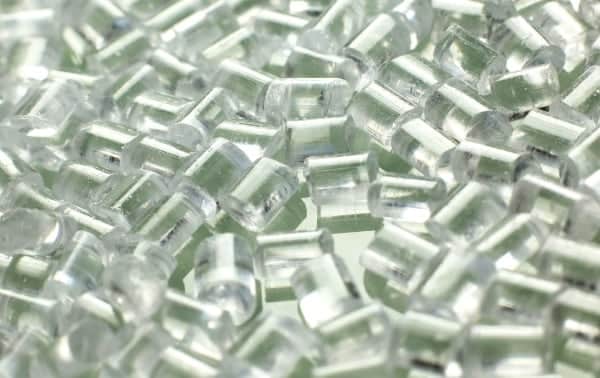
-Polyester recycling pilot scales up
The latest stage in research to develop promising technologies in polyester chemical recycling for the fashion industry has been launched by Fashion for Good (FfG).
Its ‘Full Circle Textiles Project – Polyester’ builds on the initial Full Circle Textiles project launched by FfG in September 2020. Participants see chemical recycling as crucial to delivering economically viable and scalable solutions for cellulosic chemical recycling and to produce new man-made cellulosic fibres and eventually garments from cotton and cotton-blend textile waste (as cotton is 90-95% cellulose).
Polyester claims 52% of the global fibre market. As the most common fibre in the world, it also represents a significant portion of the 73% of textiles that are landfilled or incinerated annually. Carbon fiber MEGlobal LVF Packaging Blade recycling Textile industry Biopolymers Polyester
FfG is a global platform for innovation uniting brands, producers, retailers, suppliers, non-profit organisations, innovators and funders. Four innovators in polyester chemical recycling, CuRe Technology, Garbo, gr3n and PerPETual, will produce polyester for eventual use in fabric and garment production from post-consumer textile waste. Four others, Circ, Evrnu, Infinited Fiber Company and Renewcell, have used similar material to produce garments for brand partners PVH and Kering Group to their quality specifications.
The next phase of the project over the next 18 months focuses on scaling these solutions. It is hoped brands, innovators and supply chain partners will collaborate in creating long-term partnerships, drive funding and leverage industry expertise to further develop and implement these technologies.

Carbon fiber MEGlobal LVF Packaging Blade recycling Textile industry Biopolymers Polyester

